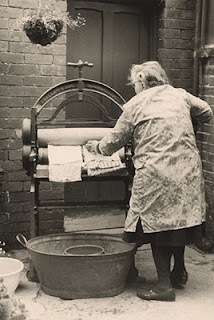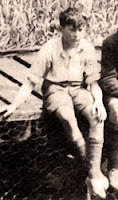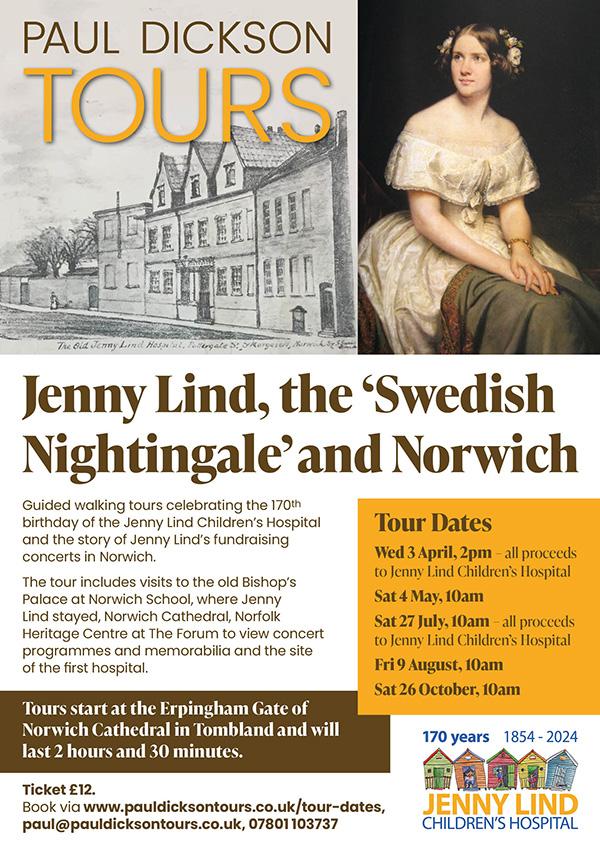First published 20th March 2007
The plight of young unmarried mothers is again under discussion. The question being asked is can they take a job and look after a child?
Between the wars and just after, Grandmothers would almost certainly bring up any illegitimate children in the family. At that time there was little chance for even a married woman to work if she had a family to look after.
Her week started early Monday morning, filling the copper with nice soft rainwater from the tank or cysten outside (she had to ignore the insects squiggling about). Then lighting the fire under it. The room soon filled with steam and in went the weekly wash. As soon as it boiled the clothes were lifted out with a copperstick and transferred on the wooden copper lid into a tin bath.
 Weather permitting, this would be out of the steam, on a bench in the yard. After washing, the clothes were rinsed in cold water again from the cistern before being put through the mangle (if she was lucky enough to have one) and pegged on the line to dry. It is easy to see why Monday’s dinner was usually ‘left overs’ from Sunday.
Weather permitting, this would be out of the steam, on a bench in the yard. After washing, the clothes were rinsed in cold water again from the cistern before being put through the mangle (if she was lucky enough to have one) and pegged on the line to dry. It is easy to see why Monday’s dinner was usually ‘left overs’ from Sunday.
 On Tuesdays the clothes had to be ironed, using an iron repeatedly heated in the fire, and hung on a horse which was placed round the fire for them to be aired. This could take days if it was a big family.
On Tuesdays the clothes had to be ironed, using an iron repeatedly heated in the fire, and hung on a horse which was placed round the fire for them to be aired. This could take days if it was a big family.
During the time she was doing all this a mother had to keep up with her other chores: Children had to be washed and the family given three meals a day of some sort depending on their means. She didn’t have to take the young ones to school. This duty fell on an older brother or sister or a neighbour’s child.
Every day had it’s special tasks with none of the modern technology to assist with the housework. Shopping was done once a week. What time they managed to salvage for themselves was spent with friends and neighbours probably taking the very young children for a walk.
Summertime, when the babies had been put to bed, some women would take a chair outside and sit on the path watching the youngsters playing in the street. Nothing more than a horse and cart or a bicycle would disturb them. This was the time set aside to relax with your knitting or catch up on the sewing and darning.
So, married or not, who can say which mother’s were better off.
Those of the present generation certainly have the advantage of technology to ease their work load and many more options socially. But do they have more time to relax and enjoy themselves with their family?
The older generation had far less worries about putting on weight or keeping fit, and somehow gave a general impression that they accepted what they had and were content with it until something better came along.
valley lad – [ONE]









